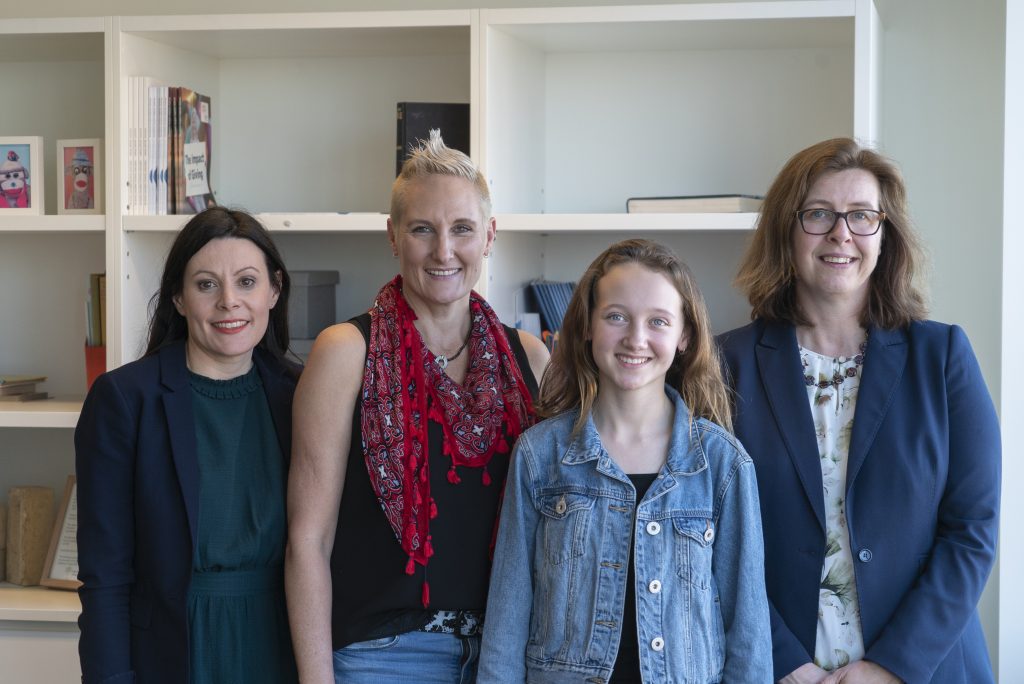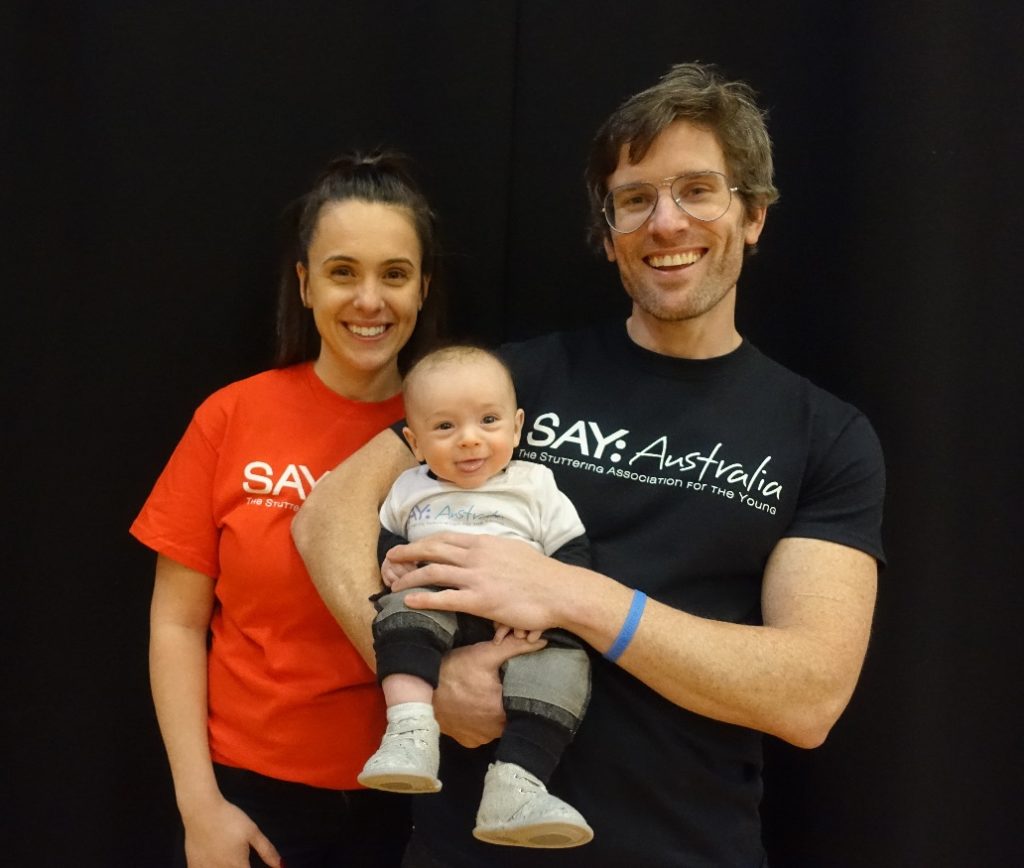Ever experienced stuttering?
Help us better understand the causes of stuttering by joining our genetics study today!
To take part, please follow the link below:
News and Blog
Learning to embrace life with a stutter
Study participant Sian Williams, 13, shares her experiences of growing up with a stutter.
End of 2019 update!
2019 has been a busy year for the Genetics of Stuttering Study! As the year draws to a close, we thought it a good time to provide an update on how the study is progressing, and our plans into the new year.
Spotlight: Participant Rich talks about his experiences with stuttering
Rich Stephens talks about his experiences with stuttering, and the power of not feeling alone. He feels strongly that “stuttering should never be a taboo subject”. He believes that “to understand anything you need to start at the beginning. Which is why The Genetics of Stuttering Study is so important for the future generations of people who stutter.”
Contact Us
Connect
To help us meet our target of 3,000 participants, volunteer for our study today
0
study participants



